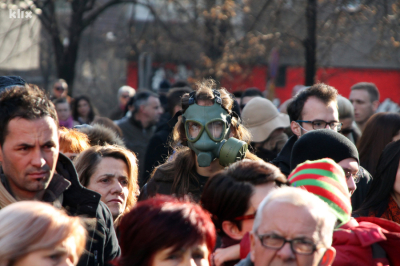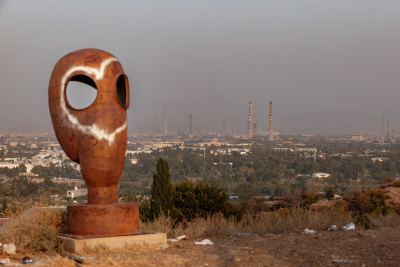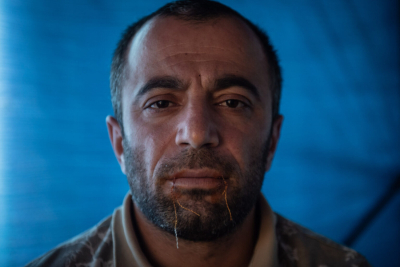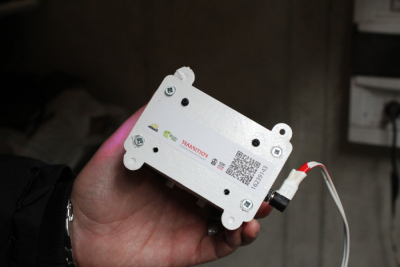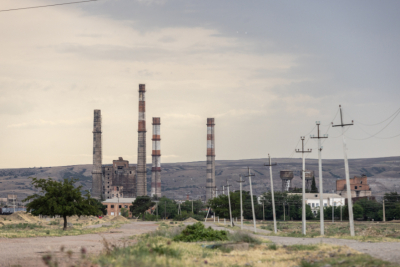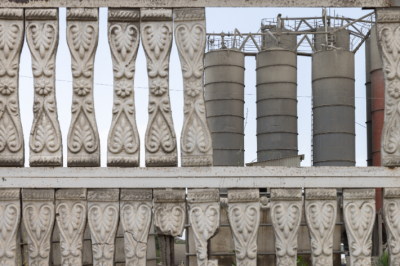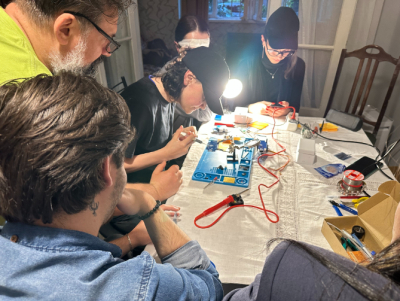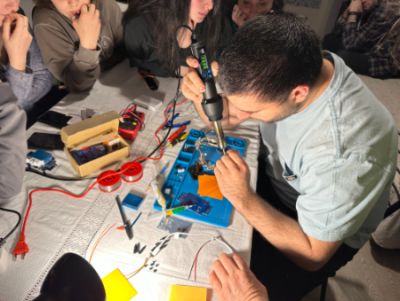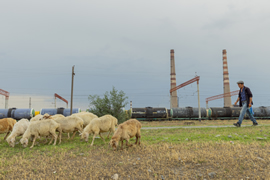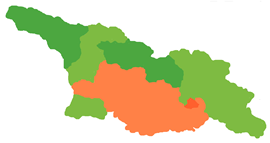News
Environmental defenders across Europe, South Caucasus and Central Asia are increasingly facing legal pressure, intimidation and attempts to restrict their work. Non-governmental organisations warn about a steady rise in SLAPP lawsuits (1), defamation cases, claims for compensation for alleged damages and other tactics intended to discourage public scrutiny of industrial, mining and development projects with a negative impact on environment. Civic oversight is becoming more difficult, especially for those who challenge powerful economic or political interests.
Governments across Europe, South Caucasus and Central Asia are increasingly failing to uphold the Aarhus Convention, a treaty that guarantees access to information, public participation in decision-making and environmental justice. Shadow reports prepared by civil society organisations ahead of this week’s Meeting of the Parties in Geneva show that while governments implement extensive changes of their legislative frameworks that look progressive on paper, their implementation is stagnating or deteriorating. The public faces growing secrecy, shrinking opportunities to influence decisions, and barriers to justice.
RUSTAVI/PRAGUE: Children in Rustavi, a Georgian industrial centre, play on playgrounds contaminated with banned chemicals, while local families consume toxic food, exposing them to dangerous levels of industrial pollutants and pesticides, according to new research by the Czech non-governmental organisation Arnika and the Georgian civic initiative Gavigudet.
Czech NGO Arnika expresses deep concern about the legislative developments in Georgia and the persecution of NGOs. It perceives the restrictive measures being taken and the persecution of those who support democratic principles and expose abuses as a direct attack on the functioning of a free civil society and an attempt to suppress critical voices, including key actors in the field of environmental protection.
TBILISI/PRAGUE - AirGE, the community network in Georgia, has reached 100 citizen science air pollution monitoring stations in 11 cities, despite the ongoing political crisis. This system, unique in the Caucasus, provides an alternative to weak state environmental monitoring and gives citizens access to information about what they breathe.The network was set up by the Tbilisi-based NGO Green Pole in partnership with Arnika, based in the Czech Republic. Air pollution is blamed for up to several thousand premature deaths a year in the capital alone, as well as massive economic losses.[1]
Georgian civil society is under increasing pressure from authoritarianism and moves by the Georgian Dream party to tighten the political grip. Since the autumn parliamentary elections, which were marred by coercion and apparent rigging, protests have been met with brutal repression by police and groups of hired thugs.
In cooperation with the Georgian NGO GreenPole, we continue to build an “AirGE” network of citizen monitoring of air quality. This is all part of a wider effort to make sure that people have the right to know what's going on and to be involved in making decisions about the environment.
Georgia has been rocked by protests against a controversial law that would brand a significant number of NGOs and media outlets as foreign agents. The legislation, dubbed the 'Russian Law', is being pushed through by the ruling Georgian Dream party despite widespread opposition from civil society, including Arnika's local partner, the NGO Green Pole.
TBILISI/PRAGUE - Pollution from obsolete industries, heavy traffic, old vehicles and outdated heating threaten Georgian citizens. A new study (1) based on remote sensing of the Earth carried out by the European Union satellites in the Copernicus Programme, published in collaboration with the NGOs Arnika (Czech Republic), Green Pole (Georgia) and a company World from Space, recommends the steps to improve the environment of Georgia.
TBILISI/PRAGUE - Georgia is on the way to have an effective air pollution monitoring system. However, citizens and experts alike lack reliable data on pollution in the vast majority of the country that is not covered by professional monitoring stations. Those are highlights of a new study, published by non-governmental organizations Green Pole (Georgia) and Arnika (Czech Republic) in cooperation with the Czech Hydrometeorological Institute (1). In Tbilisi itself, according to the World Health Organization, 3774 people die prematurely every year as a consequence of air pollution (2), (3).
TBILISI/PRAGUE - According to the World Health Organization (WHO), Tbilisi, Georgia, is among the top three European cities with the most polluted air. Nearly four thousand people die from its effects every year (1). However, accurate data is lacking, especially from smaller cities. Today, the NGOs Arnika (Czech Republic) and Green Pole (Georgia) (2) presented the first AirGE citizen air pollution monitoring station (3). By the end of the year, volunteers will have produced about three dozen of them and deployed them across Georgia. Environmental activists say thorough knowledge of the problem is the first step to solving it.
The name of a brand new type of air pollution monitoring station, the first prototype produced by volunteers in Tbilisi, Georgia, on the weekend of 20-21 May 2023, is "AirGE". Parts of three dozen other stations have been modeled on it. Volunteers will continue to work on them in the coming weeks. During the summer, stations will be deployed in several Georgia cities to provide data on current concentrations of hazardous air pollutants.
Georgians took to the streets of Tbilisi in the first half of March to demonstrate the so-called foreign agents' law. The ruling parliamentary party, Georgian Dream, passed the law during its first reading. The law would require organizations that receive more than 20% of their funds from abroad to register as "agents under foreign influence."


